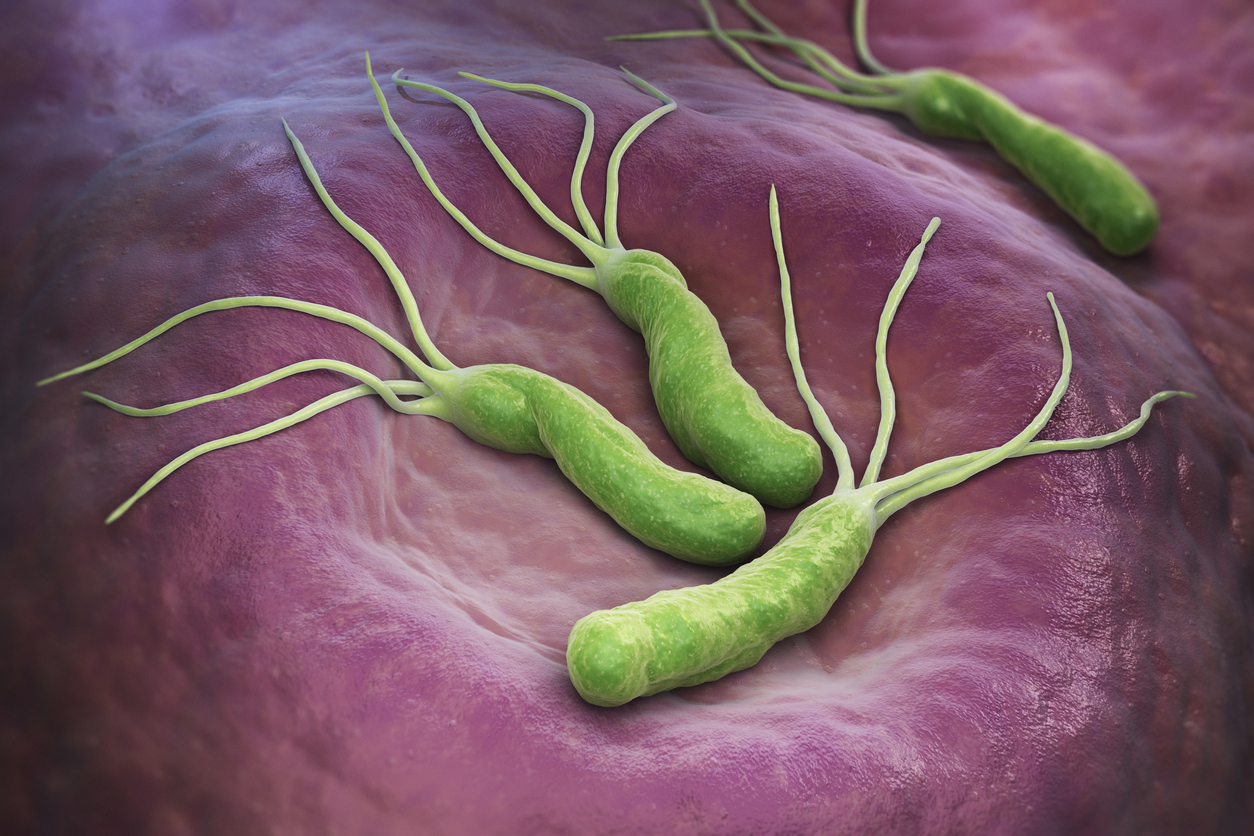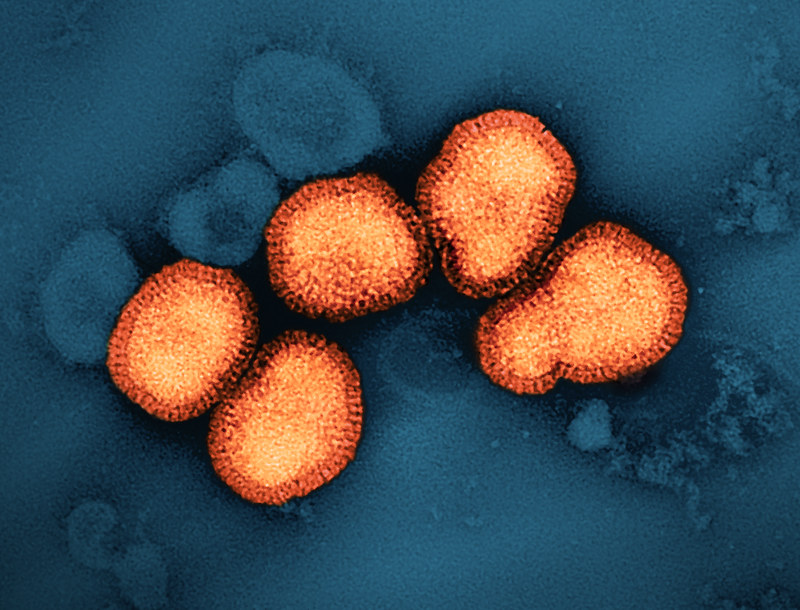The first study measuring antibody response to respiratory syncytial virus (RSV) vaccinations in immunocompromised individuals shows approximately 40% of participants did not seroconvert or achieve a conservative neutralization threshold post-vaccination.
The study is published in JAMA.
Previous studies have measured seroconversion in immunocompetent adults, resulting in 13- to 14-fold increases in antibody titers 1 month after vaccination and 82.6% efficacy against confirmed RSV-related lower respiratory tract disease.
Study suggests need for additional vaccine doses
In the present study, 38 immunocompromised patients from a group of 139 had antibody levels measured at baseline and 4 weeks post-vaccination. Of the 38 patients, 82% were solid organ transplant recipients, and 74% were taking 2 or more immunosuppressive medications. The average age was 66.
In total, 23 participants (61%) achieved seroconversion at 4 weeks.
Low antibody titers may indicate a role for additional vaccine doses to enhance immune response among immunocompromised persons.
“Approximately 40% of immunocompromised participants did not seroconvert or achieve a conservative neutralization threshold postvaccination,” the authors wrote. “Low antibody titers may indicate a role for additional vaccine doses to enhance immune response among immunocompromised persons.”















